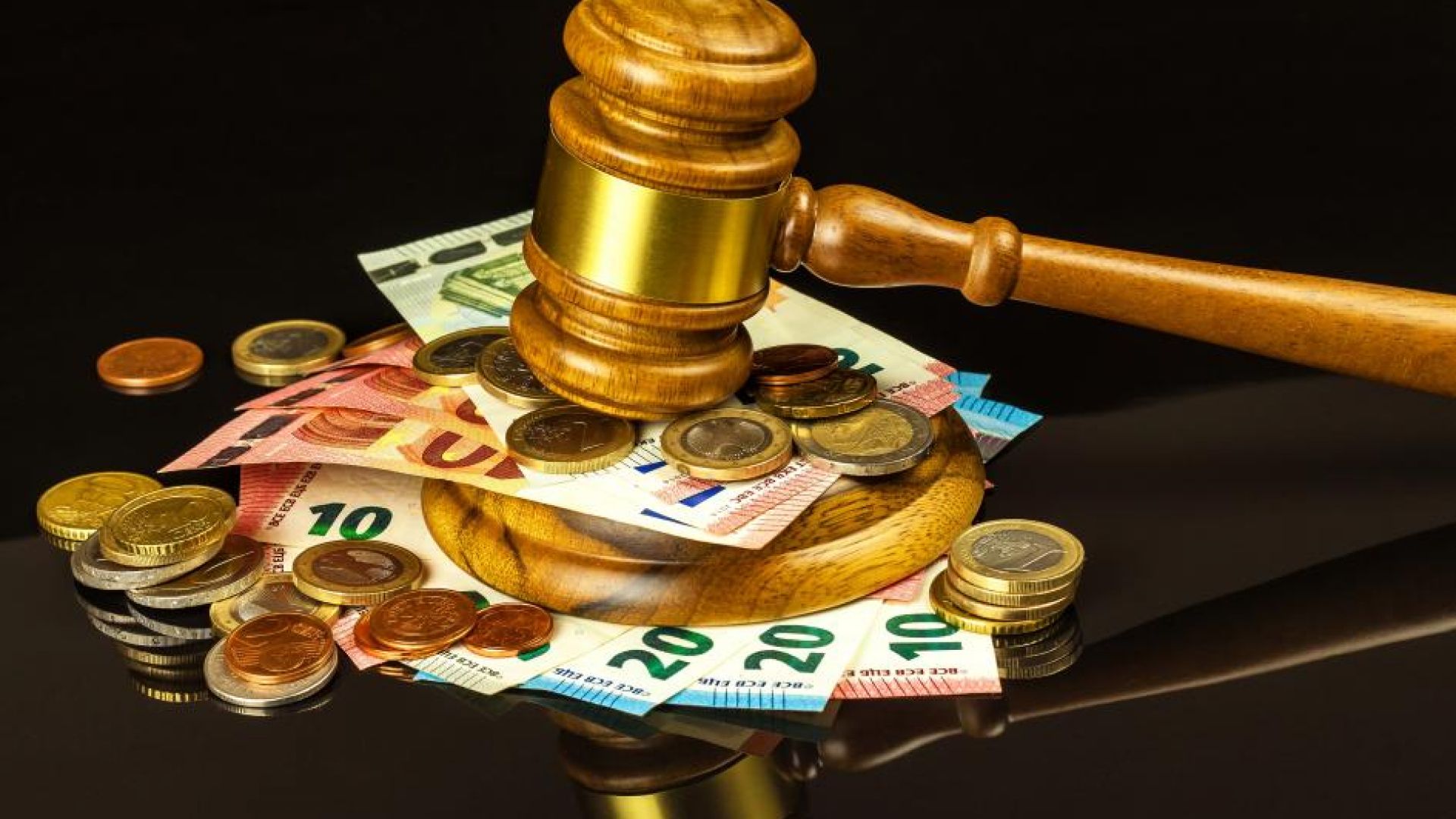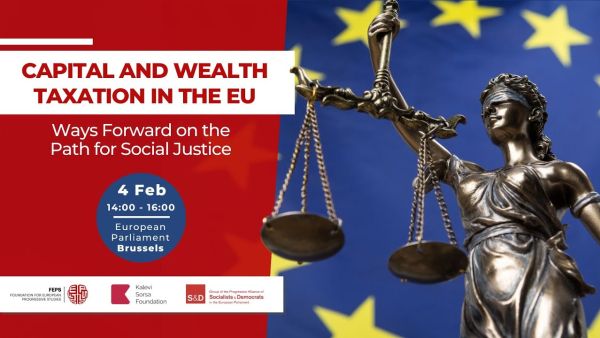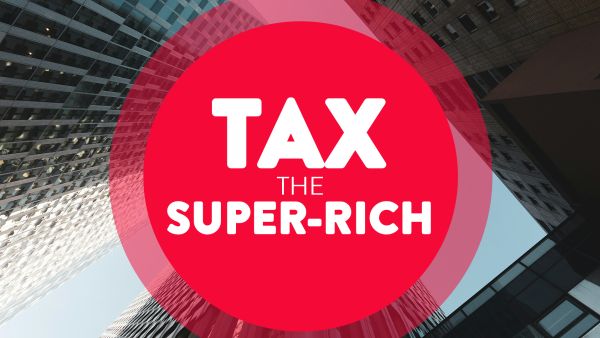LuxLeaks, SwissLeaks en de Panama Papers onthulden een gebroken belastingsysteem waar grote bedrijven en rijke individuen wegkomen met het uitbuiten van wettelijke achterpoortjes, het rondshoppen naar de meest gunstige jurisdicties en het verbergen van geld in offshore belastingsontduikende locaties. Deze louche praktijken creëren enorme ongelijkheden in onze samenlevingen en zuigen de staatskas leeg.
We zijn een drijvende kracht geweest achter een aantal onderzoeksorganen in het Europees Parlement. We zijn er trots op dat de nieuwe subcommissie belastingen, die in september 2020 met haar werk is begonnen, zowel een waakhond als een volksforum voor belastingrechtvaardigheid zal zijn.
Lees meer over onze onvermoeibare campagne voor belastingrechtvaardigheid:
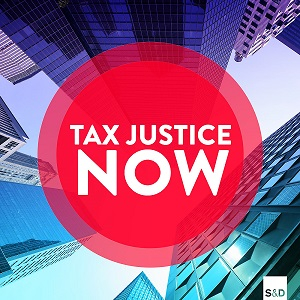

We zullen vechten voor belastingrechtvaardigheid door de financiële zeepbel zijn eerlijke deel te laten betalen via een belasting op financiële transacties (FTT) en door vervuilers te laten betalen via vergroeningsbelastingen.
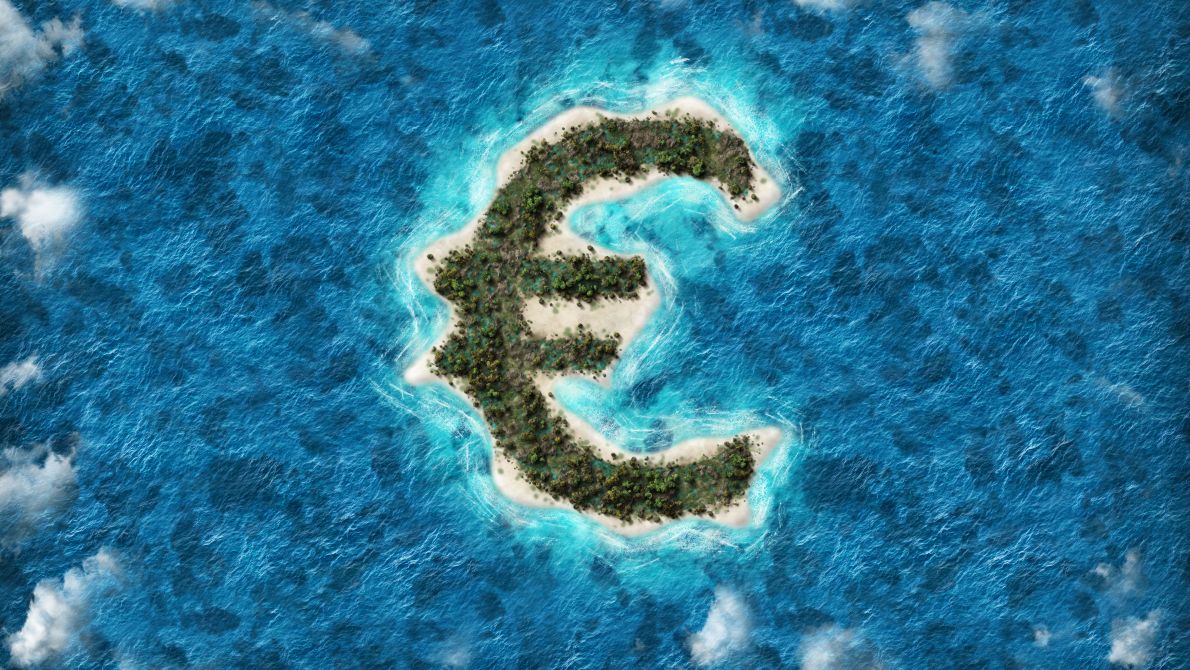
We zullen belastingontduiking, -ontwijking en oneerlijke concurrentie bestrijden door aan te dringen op een minimum effectief belastingtarief van 18% en door te strijden voor een hervorming van de EU-lijst van belastingparadijzen en van het EU-beleid inzake schadelijke belastingpraktijken, en door de uitdagingen van eerlijke belastingen voor een digitale wereld aan te pakken.

We zullen ervoor zorgen dat Europa's belastingstelsel klaar is voor de toekomst door te onderzoeken hoe we kunnen afstappen van het belasten van arbeid en door belastingstelsels te ontwikkelen die gendergelijkheid en een eerlijke benadering van vermogensbelasting (inclusief een eigendomsbelasting voor heel Europa) bevorderen, en door de groeiende ongelijkheid in inkomen en vermogen te bestrijden door middel van progressieve vormen van belasting.

At the beginning of the mandate, the European Commission announced plans to reform the tax framework for the financial sector. In the absence of an agreement on the financial transaction tax, and in view of the extraordinary profits that the sector has generated in recent years – largely due to interest rates policies – it is crucial to find solutions that will ensure a fair contribution from the financial sector.

The current rules still exhibit significant inconsistencies, such as the fact that airlines are exempt from taxes on kerosene, while workers face additional taxes on their daily commutes. We must hold major polluters, like the maritime and aviation sectors, accountable and ensure they contribute their fair share. At the same time, we must ensure the support needed to boost ecological transport options.
The S&Ds will keep pushing for the reform of the Energy Taxation Directive to align energy product taxation with sustainability goals, promote clean technologies and eliminate outdated exemptions and reduced rates that currently incentivise the use of fossil fuels.
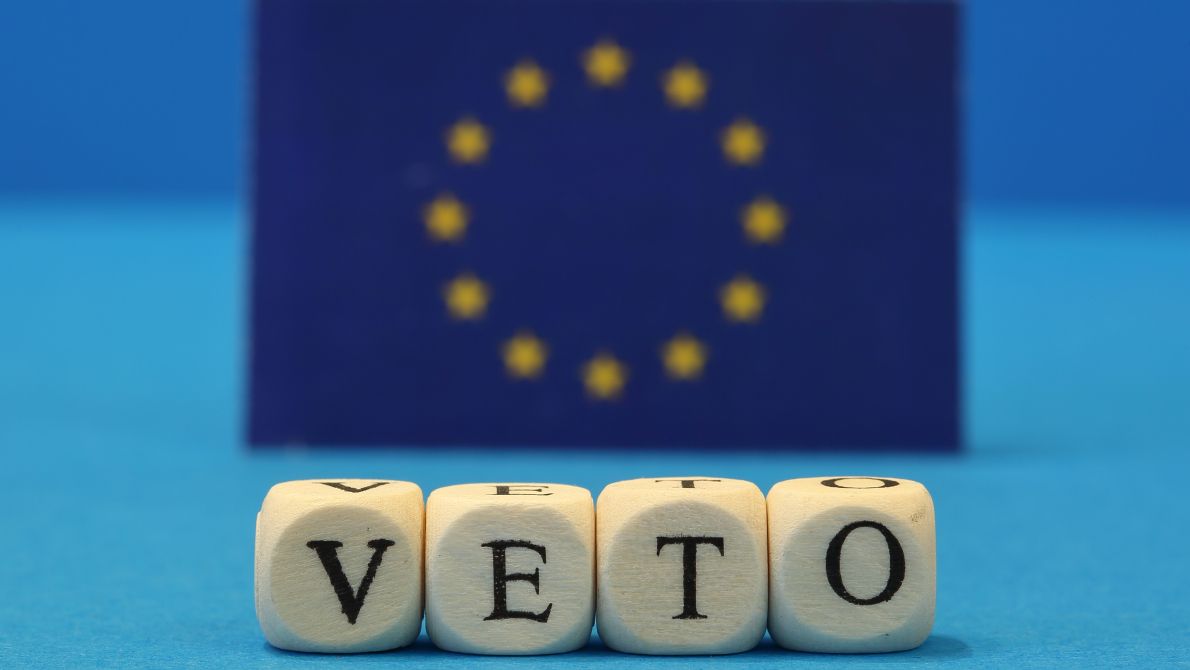
We will continue to advocate for a high-level commitment to reform the way the EU makes tax decisions. There should be no room for national tax vetoes, such as those blocking efforts to address EU tax havens.
Despite the EU having an open market, the EU Treaties require EU finance ministers to decide unanimously on tax reforms at European level. This means that any single country, including EU tax havens, can block vital tax reforms – and they have done so in the past.
To make meaningful progress on tax justice at EU level, we must shift to qualified majority voting on certain tax-related issues. The European Commission should propose a clear roadmap to achieve this reform.

